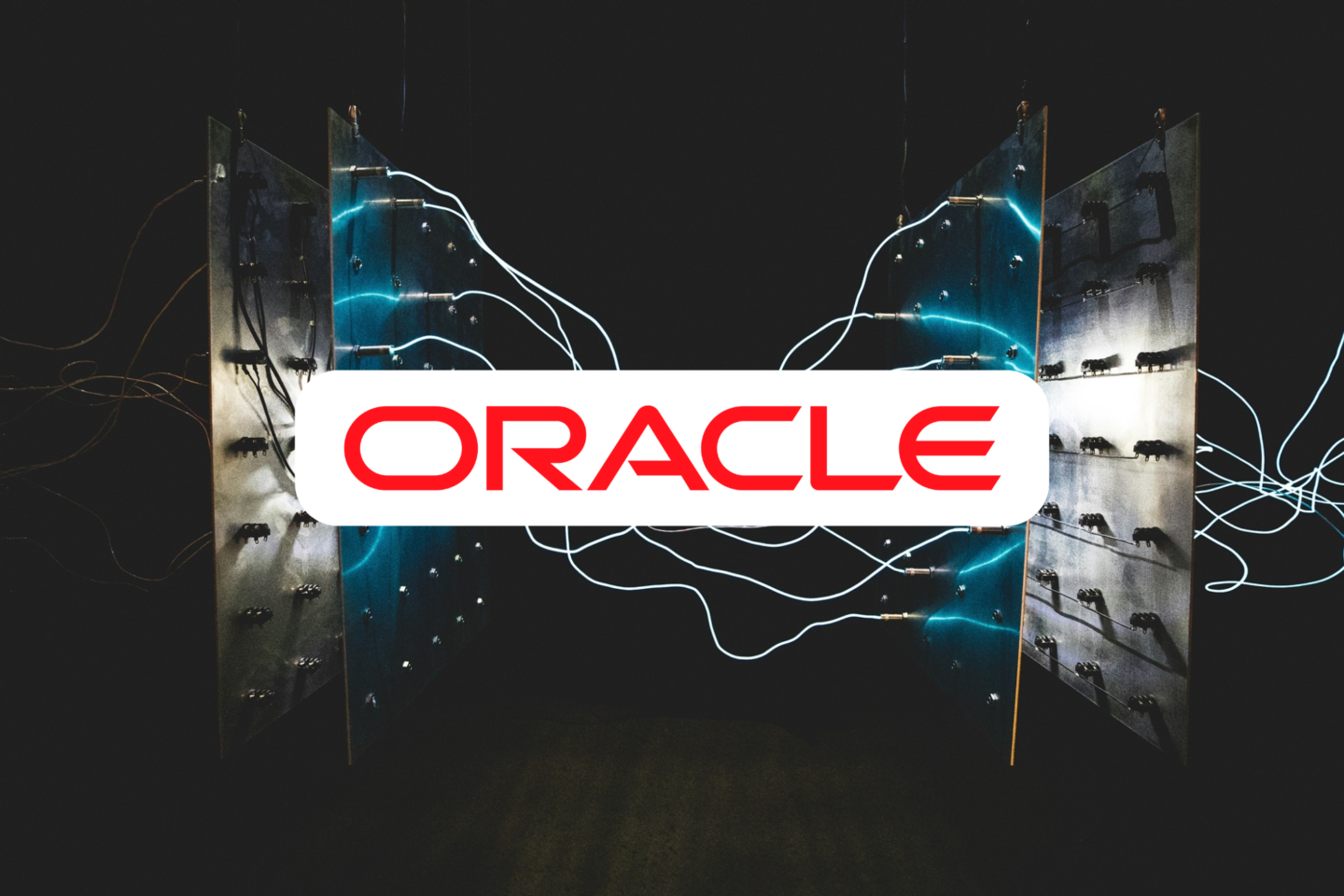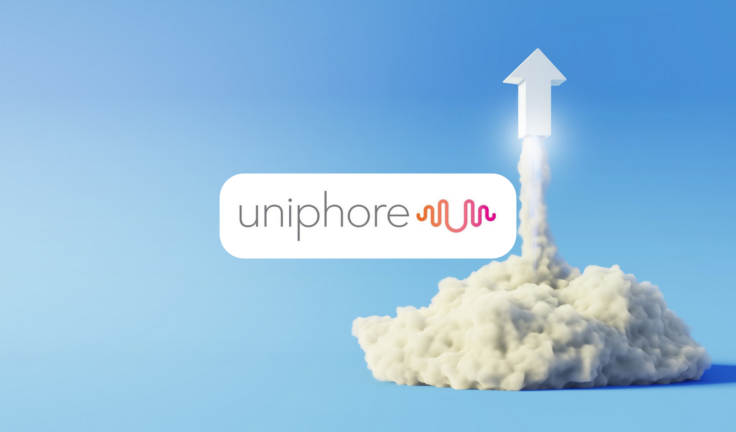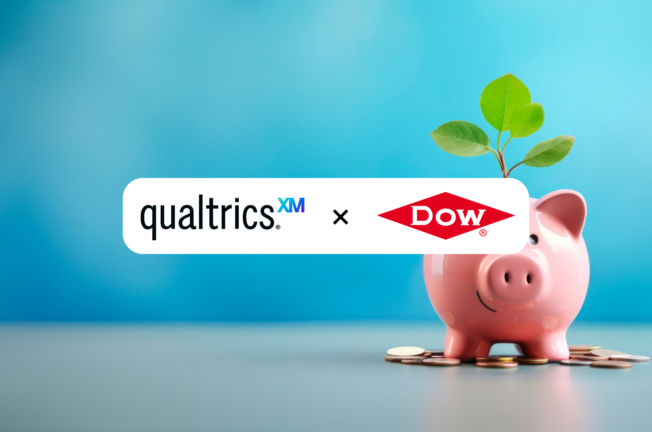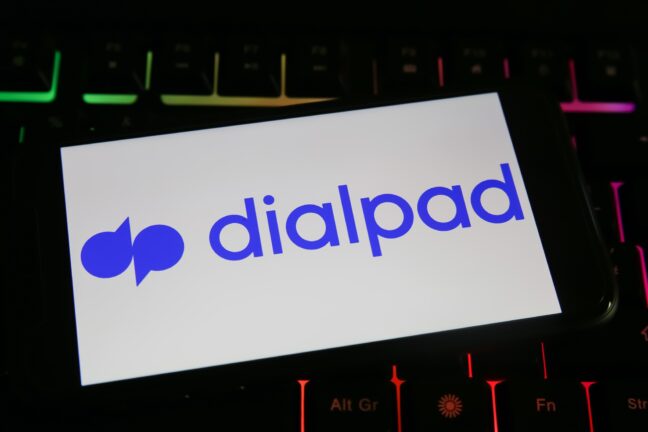Oracle has launched the Oracle Globally Distributed Autonomous Database, a breakthrough in database technology. Leveraging Oracle's established sharding technology, this innovative database offers the advantages of the Oracle Autonomous Database while granting users control over data distribution and placement policies.
The key benefit lies in seamlessly and automatically distributing and storing data across various global locations, meeting scalability, availability, and data sovereignty requirements. By adopting this approach, organizations can significantly reduce costs and benefit from autonomous operations.
"Organizations with global operations have specific application demands around data sovereignty, scale, and availability that can vary between continents and countries. These demands can be addressed by a mission-critical distributed database architecture capable of supporting global distribution. The new Globally Distributed Autonomous Database meets this need and enables customers to leverage a serverless, elastic, and auto-scale architecture to dramatically lower costs. With its converged database capabilities, our new Globally Distributed Autonomous Database is the simplest, most functional, and most mission-critical distributed database cloud service in the world," said Juan Loaiza, executive vice president, Mission-Critical Database Technologies, Oracle.

This full-featured, converged database streamlines the development and usage of distributed databases for mission-critical applications, supporting diverse data types, workloads, and programming styles at scale. Existing SQL applications can seamlessly integrate distributed databases without requiring rewrites. Oracle Globally Distributed Autonomous Database stands out by offering extensive support for data distribution, replication, and deployment methods, surpassing the capabilities of other distributed databases.
Last year, Oracle also launched its EU Sovereign Cloud to help organizations in the European Union gain greater control over data privacy and sovereignty.
Handling complexity with ML-driven automation
Oracle's solution addresses complexity challenges by integrating AI and ML-driven automation with automatic data distribution and shard management, simplifying administration. Database administrators can handle the distributed database as a single logical entity, benefiting from automated provisioning, tuning, scaling, patching, and security features, thereby avoiding manual tasks and potential errors. Additionally, automatic scaling per individual shard allows efficient resource utilization, responding dynamically to demand and minimizing consumption costs.
Oracle is also enhancing its database offering with generative AI across its technology stack. Developers now have access to tools like Autonomous Database Select AI, enabling the integration of AI and ML into applications. This feature translates natural language queries in a conversational thread into SQL queries, directing the query to the appropriate country or shard within the Globally Distributed Autonomous Database for answers.
Moreover, upcoming additions to Oracle Database 23c, including Raft quorum-based consensus replication for automatic sub-3-second application failover with zero data loss, and AI Vector Search with retrieval augmented generation (RAG), will further augment Oracle's comprehensive database capabilities. These enhancements are expected to be available later this year.
Elsewhere, Oracle has launched the Oracle Cloud Infrastructure (OCI) Generative AI service, marking a leap in the integration of generative AI technologies.









